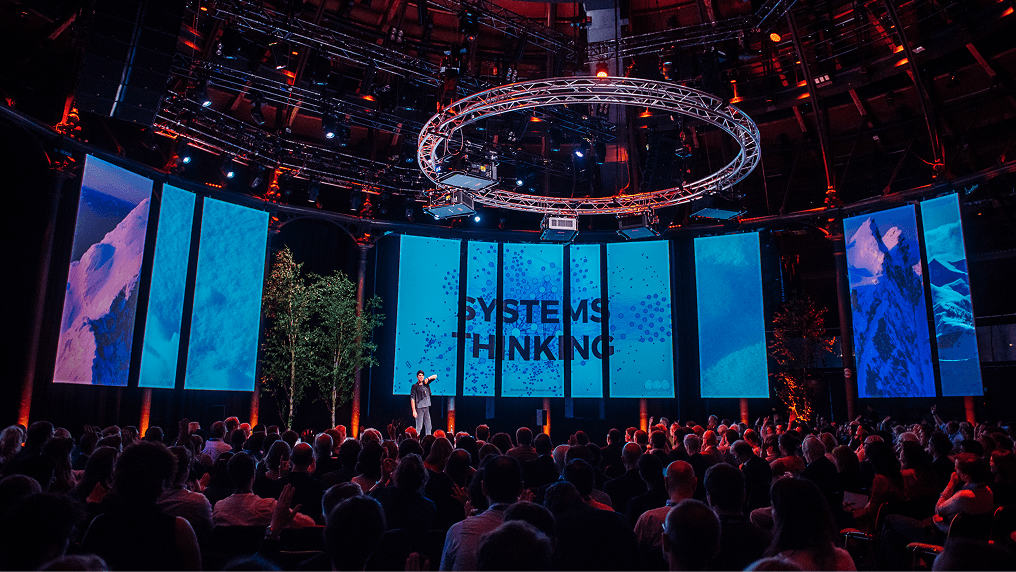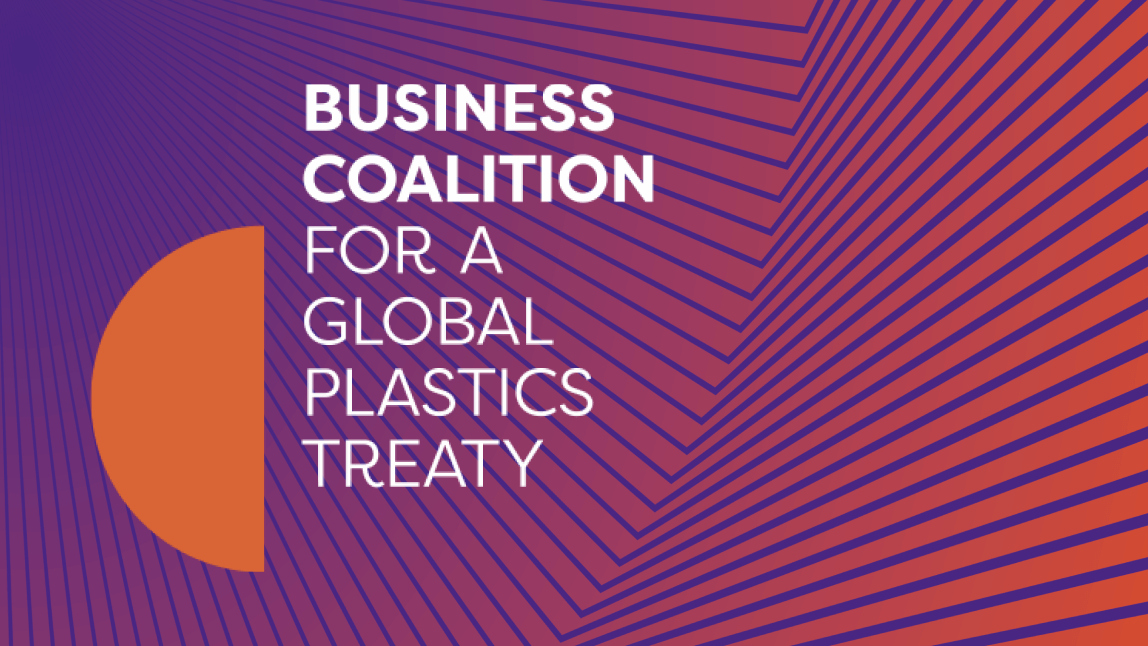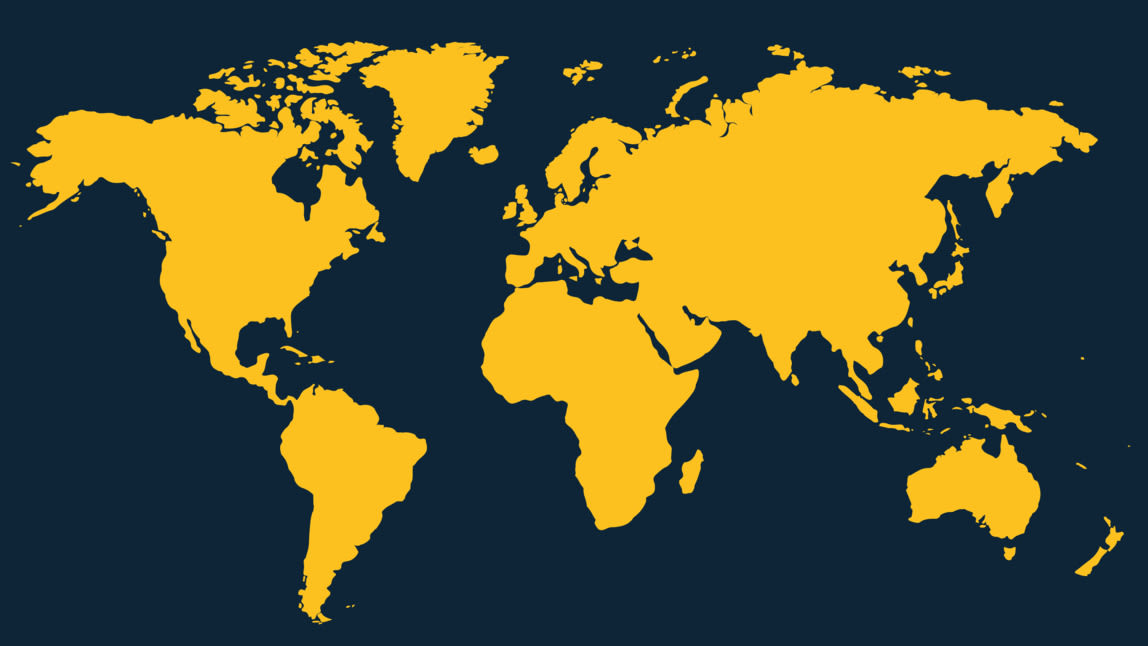Over the past ten years, leaders have demonstrated progress towards a circular economycircular economyA systems solution framework that tackles global challenges like climate change, biodiversity loss, waste, and pollution. It is based on three principles, driven by design: eliminate waste and pollution, circulate products and materials (at their highest value), and regenerate nature.. Yet even the most ambitious actors currently face systemic barriers no business can overcome alone: scaling reusereuseThe repeated use of a product or component for its intended purpose without significant modification., tackling flexible plastic packaging waste, and developing collection and recycling infrastructure. These are barriers because, despite many efforts, progress on them has been very limited over the last decade. They are systemic because the solutions currently cost more, rely on wide-spread behaviour change, and/or require substantial collective investment. This means individual businesses cannot overcome them alone. Policy and/or collaborative action are required. While these barriers are not the only obstacles to creating a circular economy, they are among the most persistent and, if they can be overcome, the most impactful.
As the Ellen MacArthur Foundation, we aim to focus our efforts on these systemic barriers and policy, through our own projects and by supporting the work of others.
Systemic barriers

Key projects and publications


Apply to join our Plastics Network
Join 1200 organisations united behind a shared vision of a circular economy.








